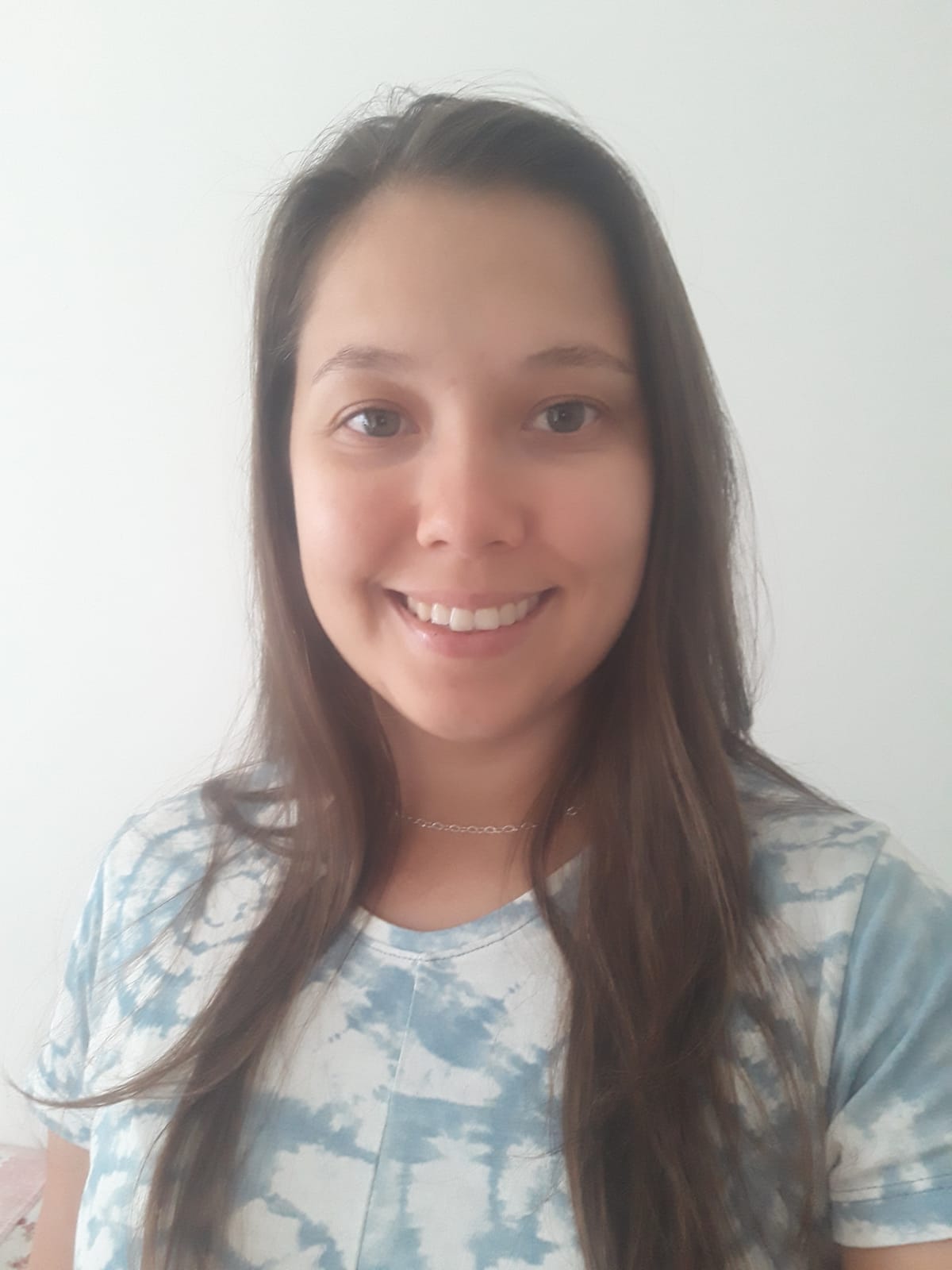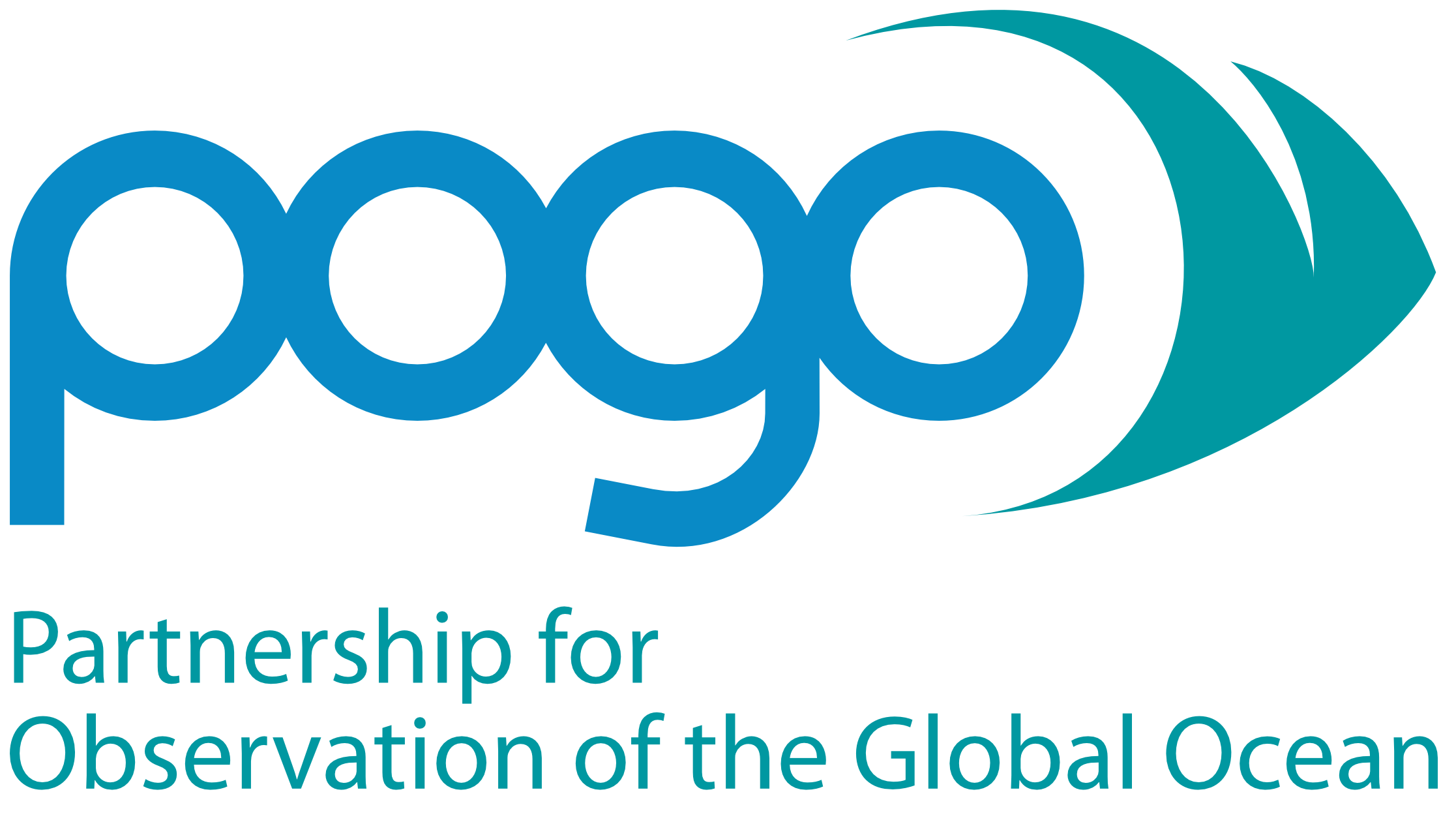SOOS Symposium 2023 – Supported Early Career Researchers

The Partnership for Observation of the Global Ocean (POGO) and the Scientific Committee on Oceanic Research (SCOR) are kindly sponsoring the SOOS Symposium by providing travel funding for early career researchers from developing countries. These travel funds have been used to support eight early career researchers from developing countries (India, Brazil, Argentina and Pakistan) to attend the SOOS Symposium, Southern Ocean in a Changing World. The SOOS Symposium is being run from the 14th to 18th August 2023 in Hobart, Australia. The eight early career researchers being supported by this travel funding are highlighted below.
Dr Thiago Monteiro is an oceanographer (Federal University of Pará, Brazil), with a master’s degree and PhD in oceanography at the Federal University of Rio Grande (Brazil), where he is now a researcher in marine biogeochemistry. Since Thiago’s master’s degree, he has been studying the marine carbonate system, sea-air CO2fluxes, and macronutrients in Antarctica. In addition, he has participated in studies on the carbonate system in the Tropical and south Atlantic Ocean and in estuarine environments. Thiago is very excited about interdisciplinary studies and in building collaborations that can allow us to study marine environments in different ways. He is very excited to talk about science, being on board, and in his spare time, travelling, listening to music, and watching movies and documentaries.
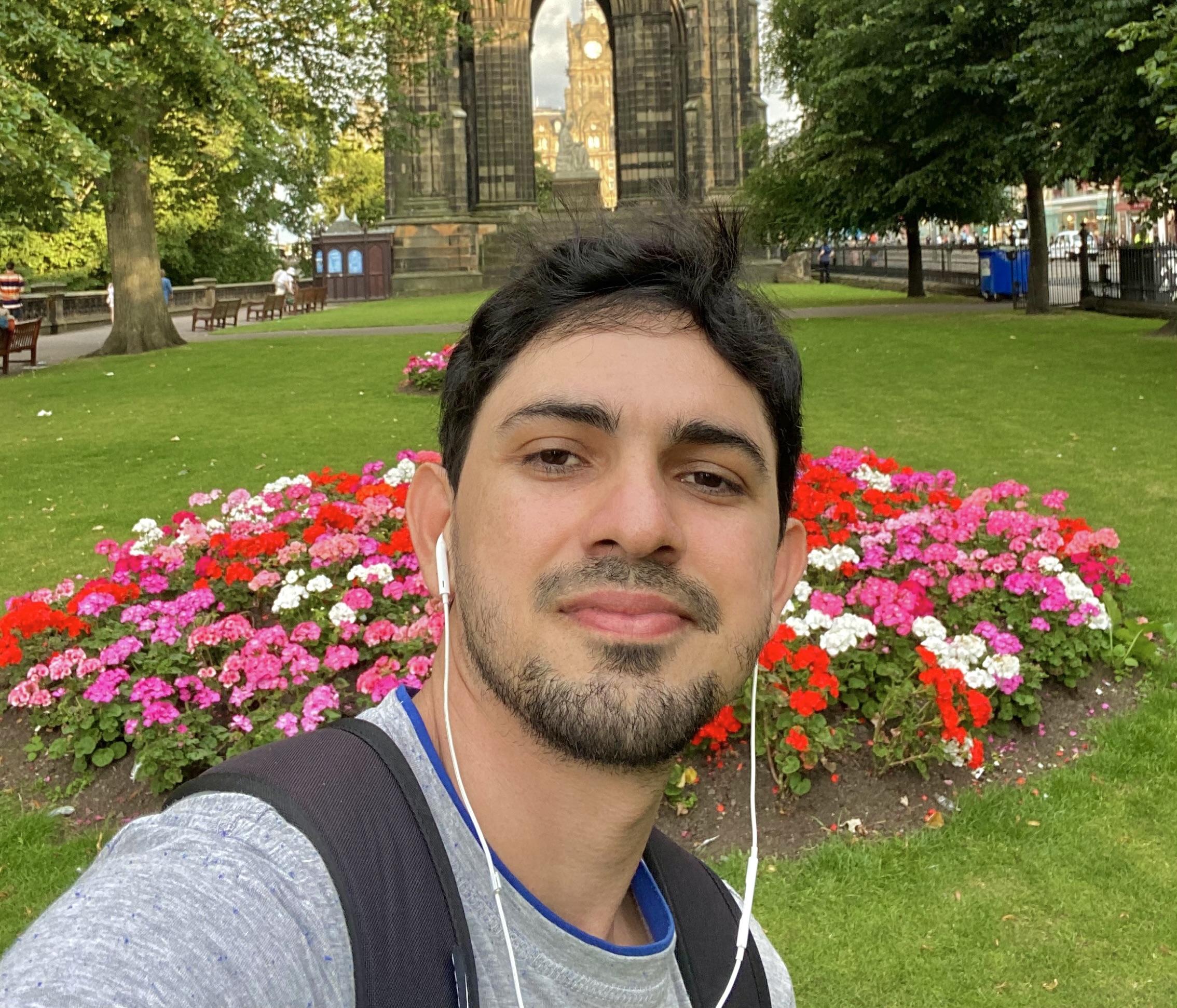
Martina Mascioni is a PhD student in the Facultad de Ciencias Naturales y Museo at the Universidad Nacional de La Plata (Argentina). She is currently in the last year of PhD working on her thesis titled "First investigations on the phytoplankton community in coastal areas of the western Antarctic Peninsula (63º-67º S). Composition, spatio-temporal dynamics and productivity" under her advisors’ supervision, Dr. Gastón Almandoz and Dr. Maria Vernet, at the Phycology Division. Her thesis focuses on Antarctic phytoplankton ecology, but she is also an expert in phytoplankton taxonomy. She is one of the leaders of the International Citizen Science Project, FjordPhyto (www.fjordphyto.org) which partners with the International Association of Antarctic Tour Operators (IAATO) to monitor phytoplankton in nearshore waters of the Antarctic Peninsula.
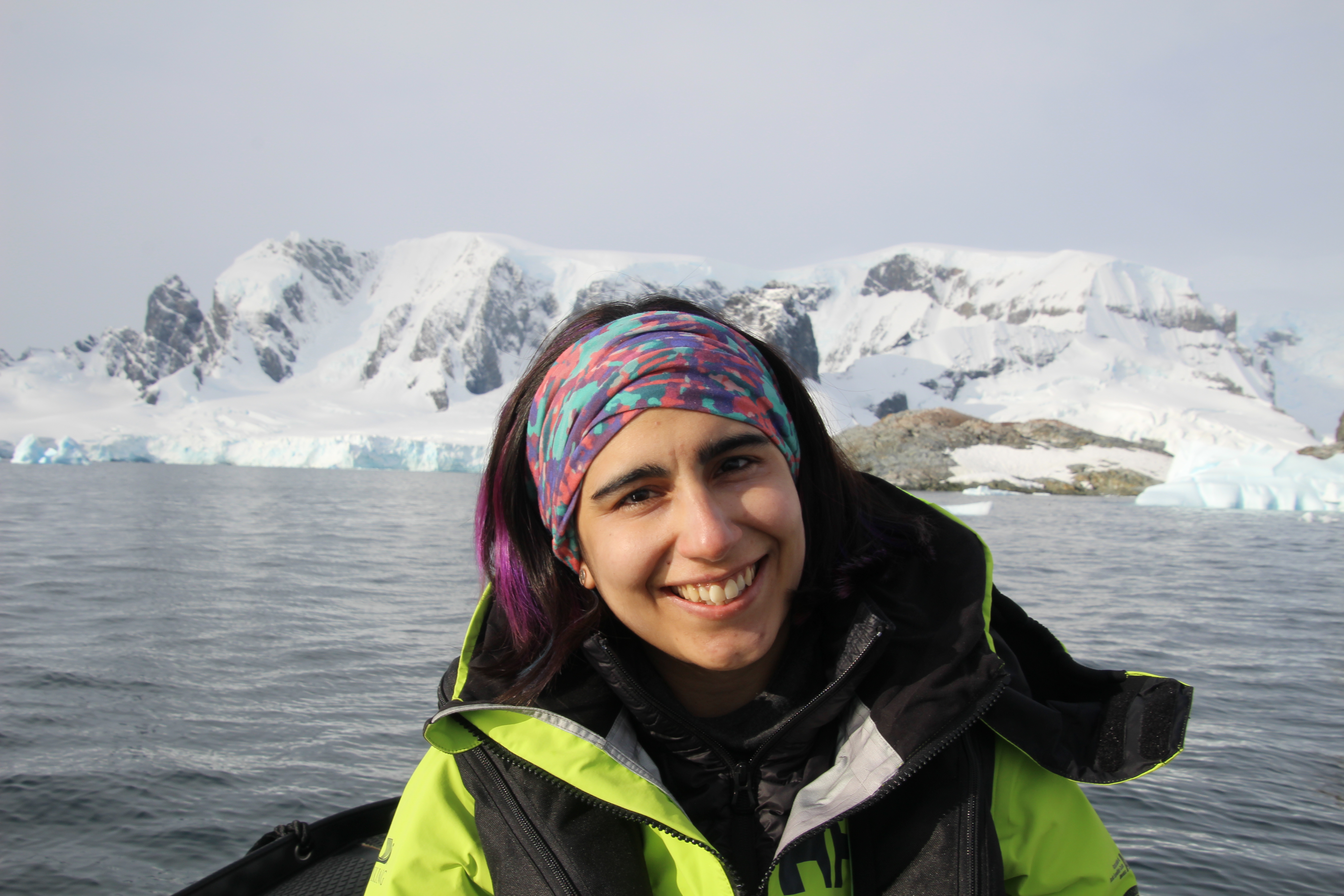
Athirpankandi Sreerag, an intrepid researcher hailing from the beautiful coastal state of Kerala, India, and currently stationed amidst the sun-kissed shores of Goa, where he embark on a captivating scientific voyage at the esteemed National Centre for Polar and Ocean Research. Athirpankandi pursuits delve deep into the mesmerizing realm of phytoplankton in the Indian Sector of the Southern Ocean. With unwavering dedication and an insatiable thirst for knowledge, he strives to unravel the mysteries of these microscopic wonders and their profound influence on the intricate oceanic processes that shape our marine ecosystem. Beyond academia, he finds solace and joy in the exhilarating sport of football, where the passion and camaraderie on the field ignite my spirit. Fueling my passion for exploration, Athirpankandi embraces the wanderlust within, venturing into new destinations that beckon with vibrant cultures and breathtaking landscapes
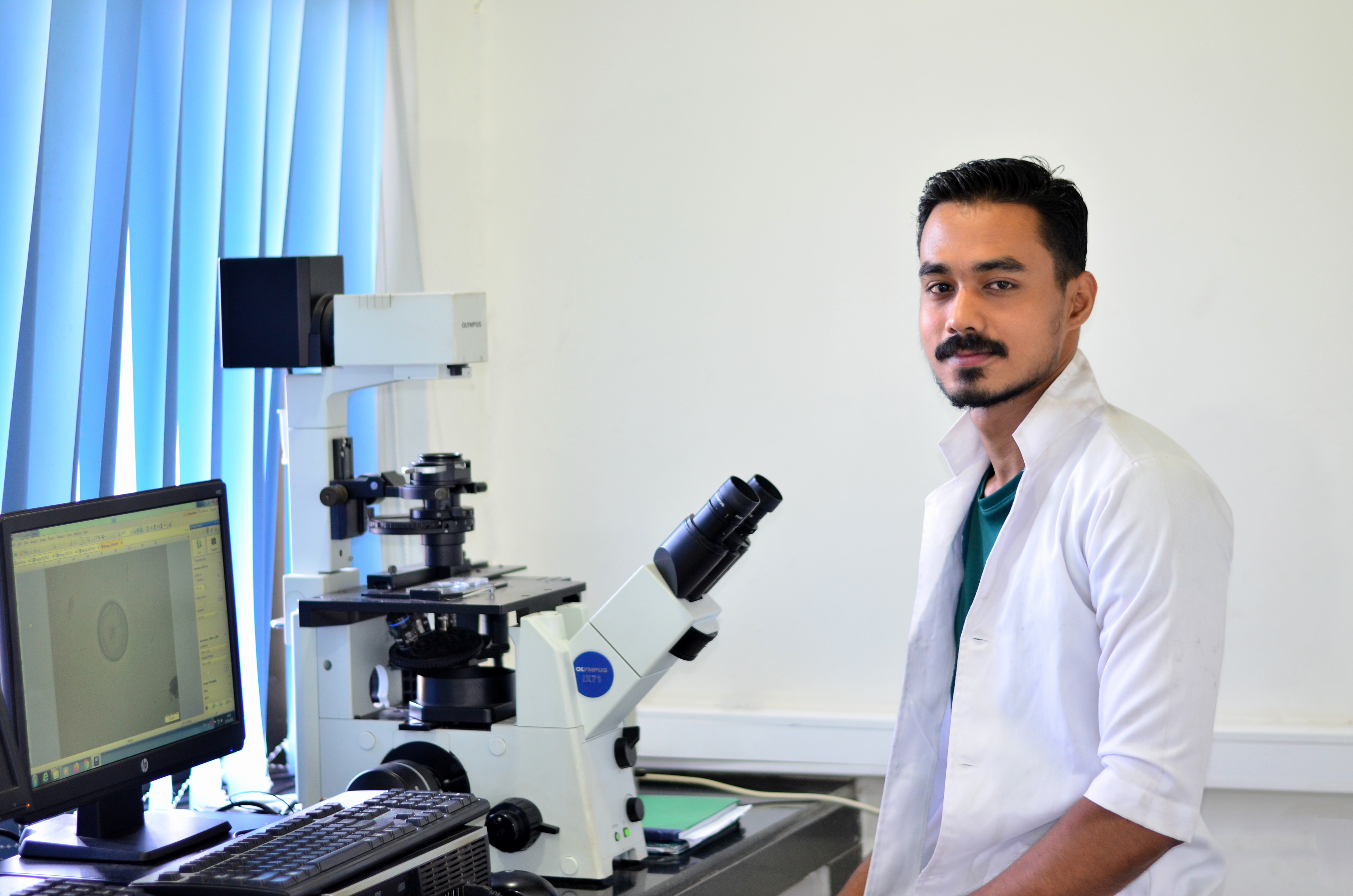
Aakriti Srivastava is a PhD student at Department of Earth Science, Barkatullah University, Bhopal, India. Previously, she studied for a BSc in Geology before obtaining MSc in Earth Science and MSc Tech in Remote Sensing. Her major areas of research interest converge in cryosphere, climate change and remote sensing. Aakriti’s research forms part of studying and reviewing the polar sea ice variability and trends as well as the ocean atmospheric mechanism. Her research work so far primarily focused on studying the ice shelf morphology and dynamics of glaciers in the context of climate change understanding atmosphere-ocean-ice-snow interaction & mechanisms using remote sensing, geographical information system, and statistical based approach on a wide range of spatial and temporal scales.
She is highly involved in education and outreach activities related to polar science. Aakriti has been involved in APECS council as project group leader and worked along in various activities. She was selected as an APECS ECR representative in the ISMASS “Climate vs Weather” 2022 workshop organising committee and co-chaired the session, which has been an extremely rewarding experience for me. She have recently got selected as an ECR in EGU cryospheric division and FutureEarth Assembly.
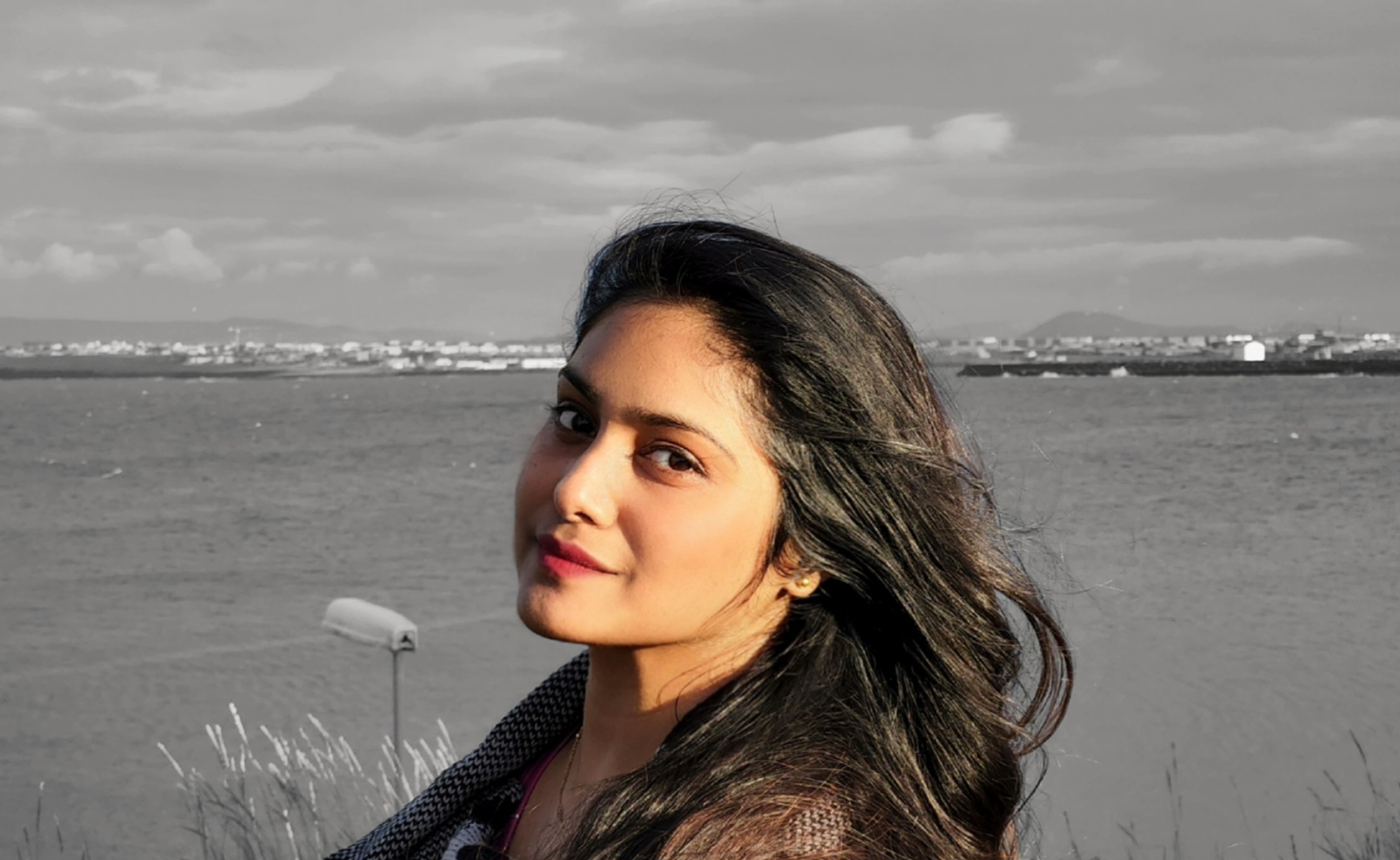
Dr Salman Tariq did his B.S, M.Phil., and PhD with distinction from the Department of Space Science, University of the Punjab, Lahore. Currently, he is working as an Assistant Professor in the Centre for Remote sensing/Department of Space Science. He is also serving as a Co-Principal Investigator in Remote Sensing, GIS & Climatic Research Lab at University of the Punjab. His major research domains are climate change, atmospheric science, remote sensing and GIS. More than 60 of his research papers have been published in peer-reviewed impact factor journals. He has also contributed chapters in three books published by Springer International. He has presented his research findings in various international conferences. He is an active reviewer of various international peer-reviewed impact factor journals such as International Journal of Climatology, International Journal of Remote Sensing, and Environmental Pollution.
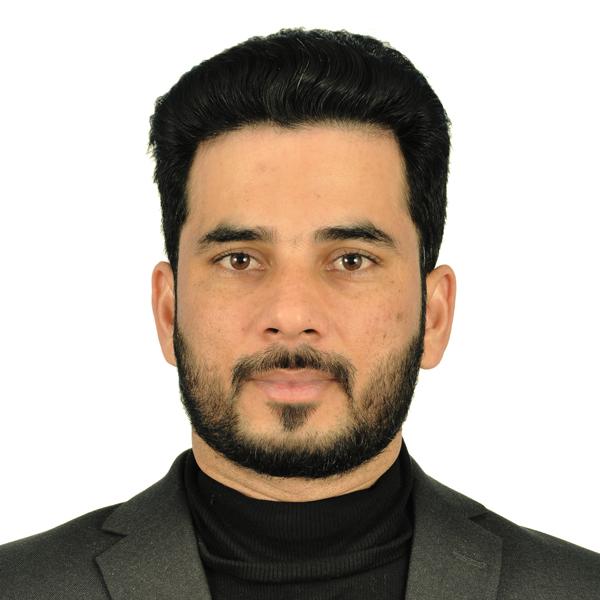
Dr Melena A. Soares is an Indian Marine Researcher, currently working as a Project Scientist-II at the National Centre for Polar and Ocean Research, Goa, India. Her research revolves around the Ocean water chemistry, Biogeochemical processes in the Marine system, Carbon dynamics with special interest in the role of Particulate organic matter to the biological pump and the associated food web dynamics, besides the nutrient dynamics in the Southern Ocean. She was awarded her PhD in Marine Sciences from the School of earth, Ocean and Atmospheric studies at Goa University, Goa, India. Her Doctoral work focused on the biogeochemistry of particulate organic matter across the fronts in the Indian sector of the Southern Ocean. She has published some of her research in peer-reviewed journals and presented the work at many National Conferences. To her credit she was awarded the NET-Lectureship in Earth and Atmospheric Sciences and has contributed to 17 scientific papers, a book chapter and scientific technical reports. She has also been a part of five Indian Scientific expeditions to the Southern Ocean, LOHAFEX (Iron fertilization) expedition in the Atlantic region of Southern Ocean, Indian Arctic expedition and several expeditions to the tropical waters to understand the hydrochemistry and biogeochemical processes in the marine system.
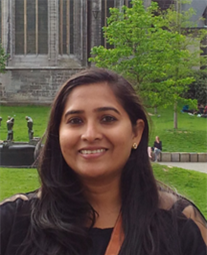
Raul Rodrigo Costa has a scholarship for MSc. degree at Federal University of Rio Grande (FURG). His study is focused on phytoplankton community composition, especially on distribution patterns of diatoms along the Northern Antarctic Peninsula, a warming region of the Southern Ocean.
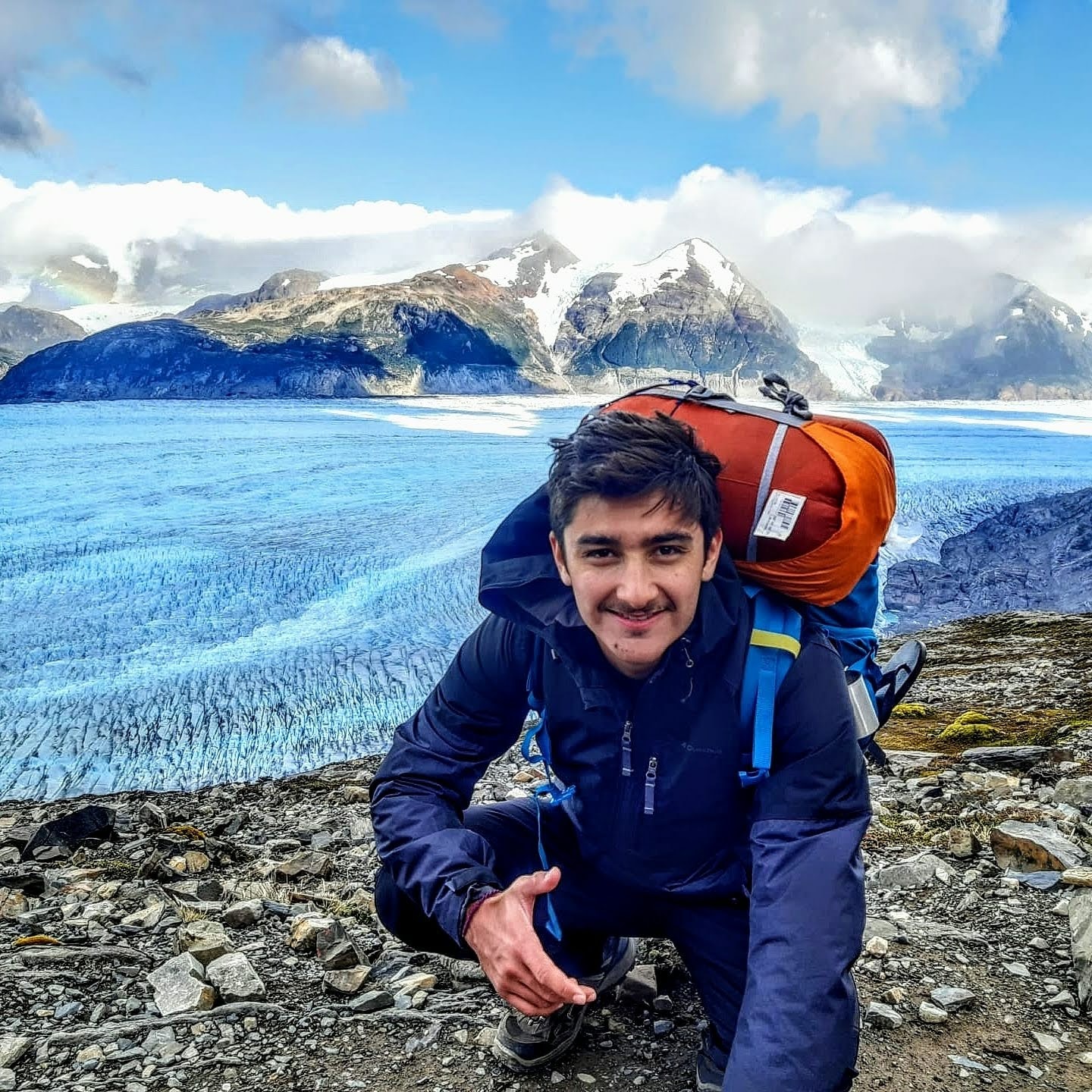
Marina Noro completed her Bachelor’s in Oceanography in 2015 and earned her Master of Science degree in 2018, with a concentration in Physical Oceanography, from the Oceanographic Institute of the University of Sao Paulo. Currently, she is a PhD candidate at the same institution. During her master’s she started investigating the Antarctic coastal dynamics and its profound influence on global processes, an area that would continue to shape her academic pursuits. Her primary objective in her PhD research is to conduct a comprehensive investigation into the physical processes governing the formation of Antarctic Bottom Water (AABW) and its potential impacts on the Atlantic Meridional Overturning Circulation (AMOC). By integrating observational data with high-resolution ocean products, such as reanalysis data and numerical models, Marina aims to provide insights and a comprehensive understanding of the physical processes driving ocean circulation in the Antarctic coastal region. Her motivation lies in understanding how changes in this region can affect the Earth's climate system on a global scale. Moreover, she seeks to make significant contributions to the scientific community's understanding of the Antarctic and Southern Ocean climate.
